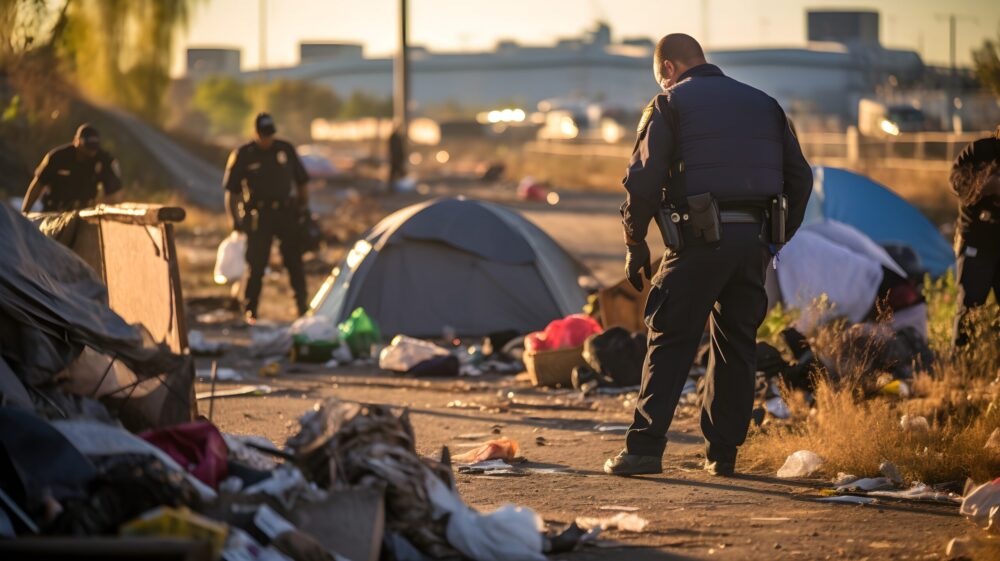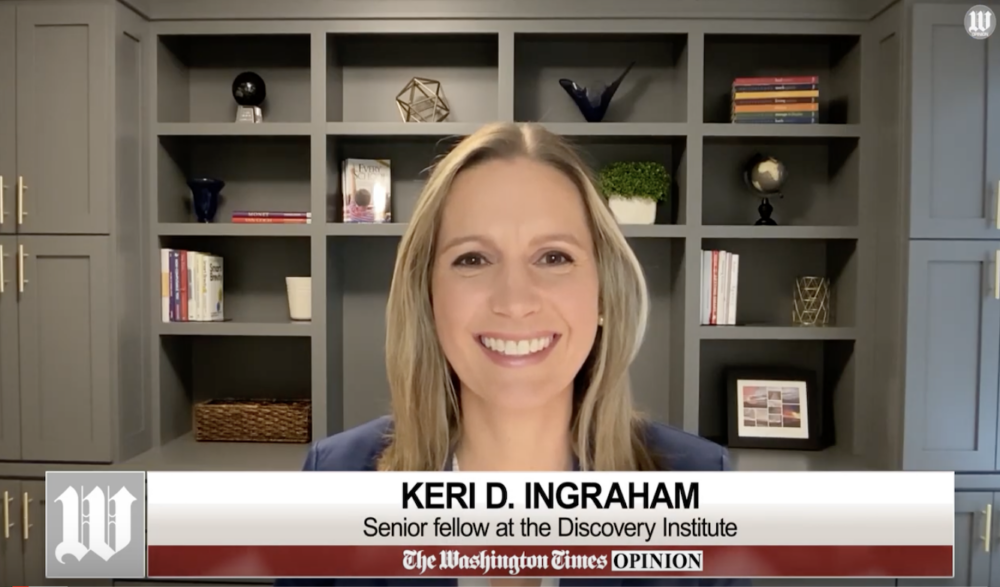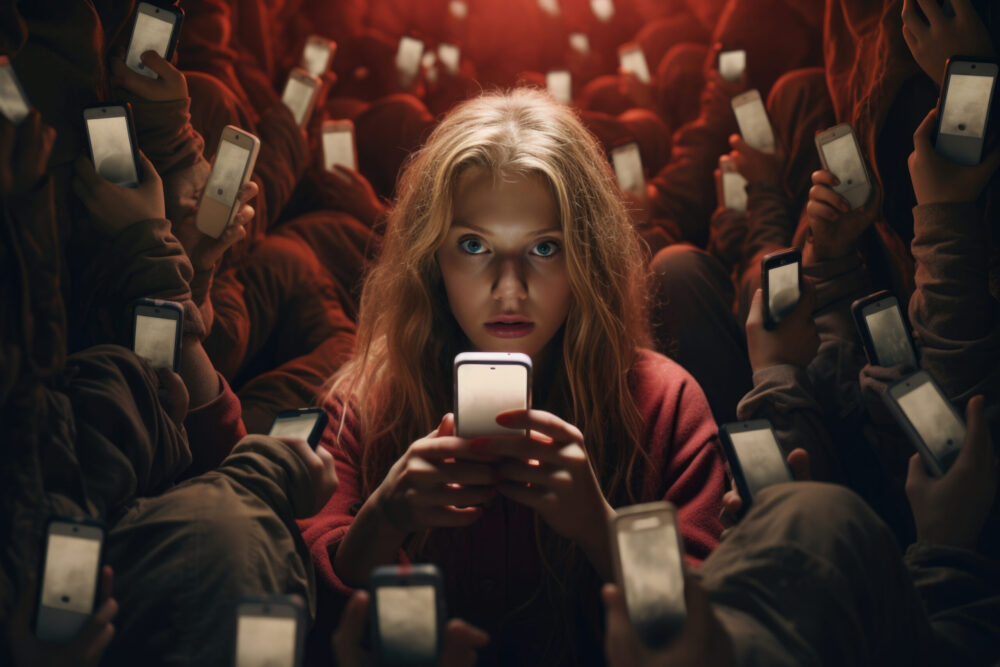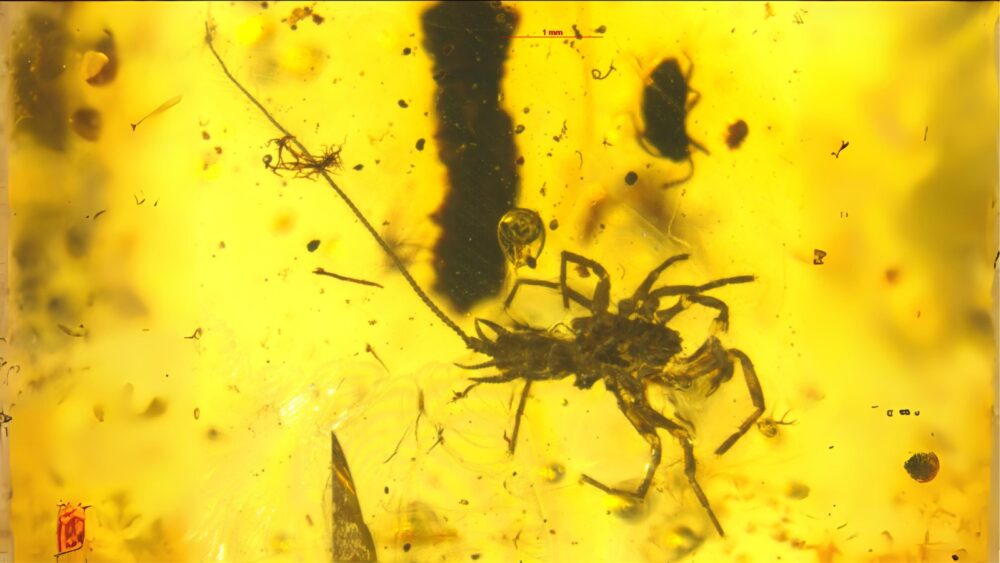
The Latest
A Closer Look at Natural Law
- April 25, 2024
- 6
The Ups and Downs of Recovery at The Forge
- April 26, 2024
- 4

Video
C.S. Lewis on Evolution and Intelligent Design with John West (2024 Dallas Conf. on Science & Faith)
- April 8, 2024
The MYTH of Junk DNA (Long Story Short, Ep. 12)
- March 26, 2024
Roundtable on Human Uniqueness
- March 25, 2024
← To stay informed about COSM 2022 and get access to The Great China Debate, sign up here.










